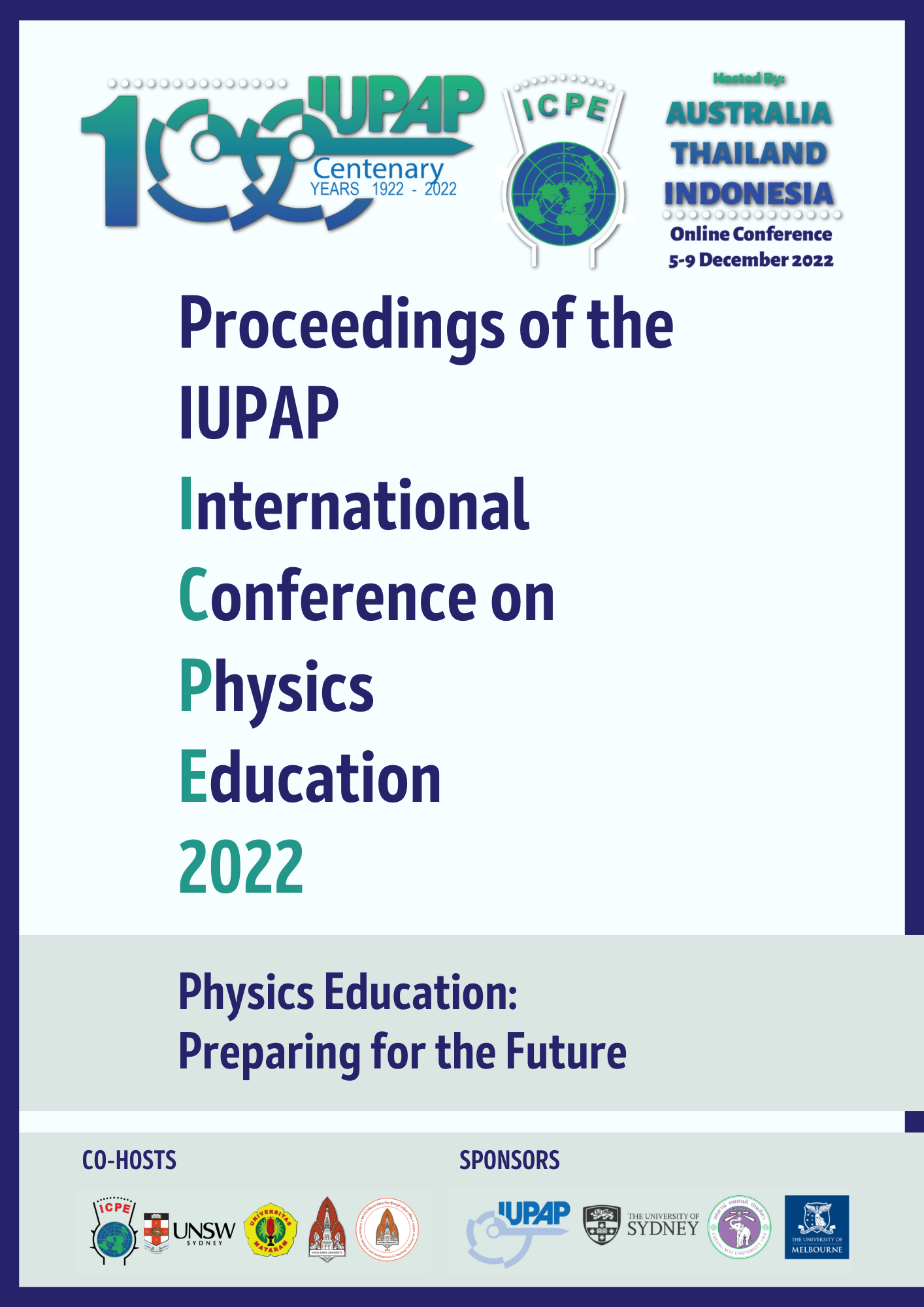Cultural Astronomy: A possibility for teacher training
Keywords:
Cultural Astronomy, Teacher Training, Content AnalysisAbstract
This presentation reports on part of a study carried out aiming to search for the contribution of the research in Cultural Astronomy to the teacher training. First, we sought to establish an overview of the existing literature in Cultural Astronomy, in order to answer the following question: how is the subject Cultural Astronomy being addressed in the scientific publications on Astronomy Education? We offer a review of the publications in journals, symposia and the BTD (Thesis and dissertations repository) of CAPES - Coordination of Improvement of Higher Education Personnel in Brazil. BTD is a platform designed to access theses, dissertations and other scientific outcomes in Brazil. It is part of the journal’s portal of the Institution.
We selected papers from Brazilian authors as well as from the international community. Afterwards we filtered the database to papers that addressed the training of science teachers. We identified papers related to indigenous and Afro-Brazilian cultures, Incan, Mayan, African and Asian cultures, amongst others. The data were analyzed according to Bardin’s content analysis.
The papers were classified in dissertations and theses. Then we went through a filter according to the year of publication, author, researchers’ advisors, name of the graduate program, title of the work, higher education institution, geographical region and state, keywords, cited bibliographic references, theoretical foundations, most cited researchers, data collection technique, methodological analysis, thematic focus and specific contents of Cultural Astronomy.
This survey shows that research in Cultural Astronomy is still in its initial steps; only a Few authors are active in this area relative to the growing output in the teaching of astronomy in general, especially in Brazil. We can thus say that it is relevant to include elements of the study of astronomy by Indigenous, Afro-Brazilian, and other cultures in the curriculum of teacher training because this cultural wealth has a lot to offer us in terms of intercultural relations and the study of the universe as done in these various cultures.
Downloads
Published
Issue
Section
License
Authors who publish with the Proceedings of the International Conference on Physics Education 2022 agree to the following terms:
a) Authors retain copyright and grant the journal right of first publication with the work simultaneously licensed under a Creative Commons Attribution License (https://creativecommons.org/licenses/by/4.0/) that allows others to share the work with an acknowledgement of the work's authorship and initial publication in this journal.
b) Authors are able to enter into separate, additional contractual arrangements for the non-exclusive distribution of the journal's published version of the work (e.g., post it to an institutional repository or publish it in a book), with an acknowledgement of its initial publication in this journal.
c) Authors are permitted and encouraged to post their work online (e.g., in institutional repositories or on their website) prior to and during the submission process, as it can lead to productive exchanges, as well as earlier and greater citation of published work (See The Effect of Open Access - http://opcit.eprints.org/oacitation-biblio.html).
Privacy Statement The names and email addresses entered in the Proceedings of the International Conference on Physics Education 2022 site will be used exclusively for the stated purposes of this journal and will not be made available for any other purpose or to any other party.
